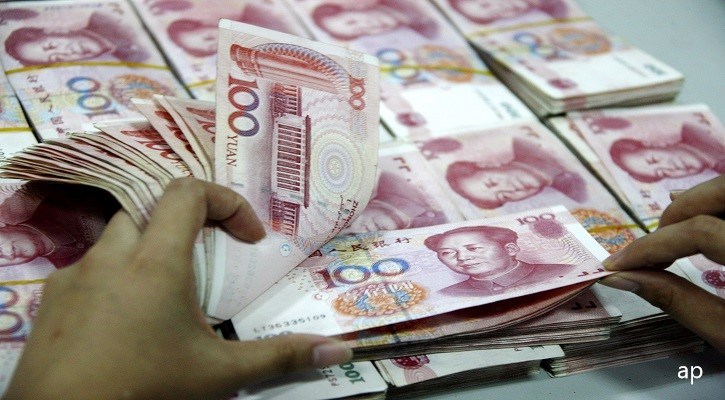
Ultra-low interest rates have made life difficult for bond investors for years. While yields on US Treasury bonds have picked up this year, global investors looking for decent income from government debt are still having to look further afield to emerging markets to secure an inflation-beating income.
Debt issued by countries like China and Russia are becoming increasingly popular for yield-seekers. Still, risks remain for investors in EM debt as countries grapple with the fallout from the Covid-19 pandemic. Rising inflation is often bad for fixed income as an asset class because of the risk of rising interest rates. We look at the pros and cons of investing in developing country bonds.
Mark Preskett, senior portfolio manager, explains why Morningstar Investment Management is overweight EM debt in its multi-asset portfolios and has been increasing its exposure in recent weeks.
“In a world where corporate and developed market government bond yields have fallen to near record lows, emerging market sovereigns are one of the few areas offering investors positive real yields (around 5%),” he says.
With bonds, the higher the yield the greater the risk of default – so investors are effectively being paid more to take more risk. Sometimes the market exaggerates this risk though. For example, Greek 10-year bonds hit nearly 20% during the Eurozone debt crisis as investors feared the country would default and exit the single currency. Now the bonds yield 0.66% - marginally more than the UK’s.
Preskett says investors should not underestimate the issues faced by many EM countries, but adds that the crisis also offers opportunities: “The yields are attractive for a reason – many of the key index constituents are struggling with political instability or Covid-19 problems – but for a long-term investor, this risk is worth bearing given the return opportunity.”
Brazil: Big Problems, Big Yields
Brazil is one such country that has had a hard pandemic, with some of the highest death rates in the world. Its 10-year bonds yield more than 9%, up from 6.63% a year ago, and the country raised official interest rates in June. (Interest rate rises are generally bad for debt investors because it makes bond yields less attractive than other income-producing assets).
“The Covid-19 pandemic has been hugely impactful, with low vaccine rollout and frequent lockdowns, and crucially for a bond investor, rising inflation pressures,” says Preskett. Brazil’s currency, the real, is not surprisingly at a record low against the dollar, but Preskett says a weak currency enhances the bull case because it offers the chance of appreciation.
South Africa and Turkey are other countries that have seen big falls in the currency: the Turkish lira is at a record low and the country hiked interest rates from 15% to 19% in March 2021.
This is the big consideration for emerging market debt investors: whether to buy US-dollar denominated debt, which is more stable, or go for more volatile local currencies. “We prefer local currency debt – debt denominated in the issuing sovereign’s currency – over hard currency, which is debt issued in typically US follars or Euros. On the local currency side, you access a basket of good value currencies, with decent appreciation opportunity,” Preskett says.
China Bonds Seen as Lower Risk
Not all EM debt is high yield and high risk, however. Chinese government debt has been increasingly popular, especially since bonds issued by the PRC were added to the benchmark Bloomberg Barclays Aggregate Index in 2019. Last year in Europe, the iShares China CNY Bond (CYGB) ETF was the most popular exchange traded fund, bringing in around €4.5 billion. China’s 10-year bonds yield just under 3%, which reflects investor perceptions of its relative safety vis-à-vis other EM debt.
“China is a recent addition to the index – and while it has brought the overall index yield lower, it has also dampened the volatility of the asset class. The risk of default is extremely low, and the country boasts a large and growing trade surplus and relatively stable currency,” Preskett says.





























